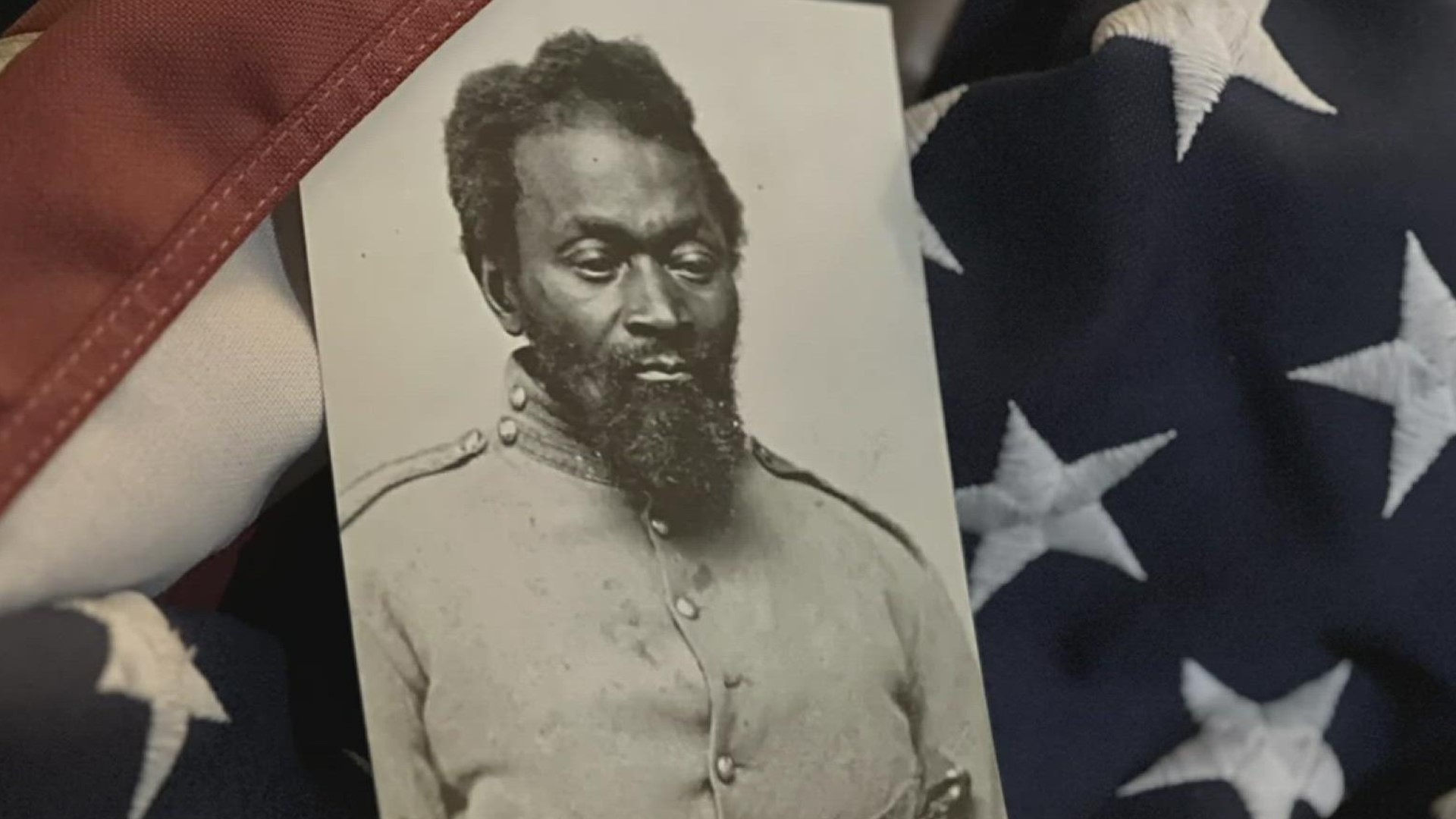POTTSVILLE, Pa. — Historians from Schuylkill County are using this Black History Month to tell the tale of a man from Pottsville who made a lasting impact with his contributions during the Civil War.
Newswatch 16's Claire Alfree has more on the legacy of Nick Biddle.
"I know that from the earliest age, I've just been fascinated by this whole era in history."
Orwigsburg native John Hoptak is talking about the Civil War, something he's been studying since he was 11 years old.
He currently works as a ranger at Gettysburg National Military Park.
His passion for uncovering local stories about the war in the 1860s was inspired by Nick Biddle, a black man who lived in Pottsville.
"Outside of Pottsville, there were not many in the Civil War community who would recognize Nick Biddle and his story, and quite frankly, prior to April of 1861, we don't know much about this man," added Hoptak.
But what historians are certain about is that he was the first black man in uniform to shed blood during the Civil War.
It happened in 1861 as Biddle, and other volunteers, made their way to Washington to help defend the U.S. Capitol.
Steve Young from the Schuylkill County Historical Society added, "Because he was of color, an African American, even though he wasn't issued one, they gave him a uniform, but he didn't get paid because all of the men from that group considered one of them because he was there with them from beginning."
"And a sight of a black man in uniform enraged a number of pro-Confederate, pro-secessionist, Baltimoreans that flew into a rage, and began to throw bricks, bottles, stones at these Pennsylvanians who were marching through the city of Baltimore, and unfortunately, Nick Biddle was one of the very first to get hit," explained Hoptak.
Despite the injuries, 65-year-old Nick Biddle still made it to the capitol.
"President of the United States, Abraham Lincoln, who would, in a year and a half, announce the Emancipation Proclamation, there he stood face to face with Nick Biddle, who may have been born a slave. Who, nevertheless, traveled back south, wearing a uniform, and his head wrapped in blood-soaked bandages, in the U.S. Capitol building," added Hoptak.
"Just that small role that he played by just marching down there with them to Baltimore, getting to Washington, and then coming back, that was absolutely unheard of," said Young.
Nick Biddle is buried near the Bethel AME Church in the city. In 1951, Pottsville honored Biddle by adding a plaque bearing his name to the Soldiers' Monument in Garfield Square.
See more Black History Month stories on WNEP's Youtube page.

